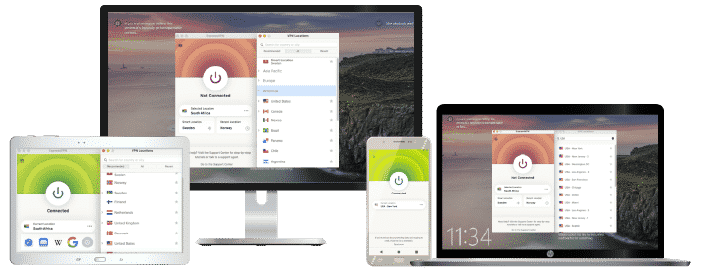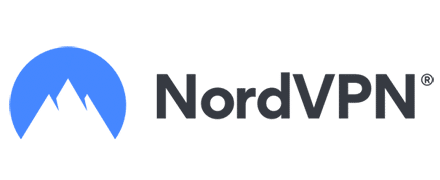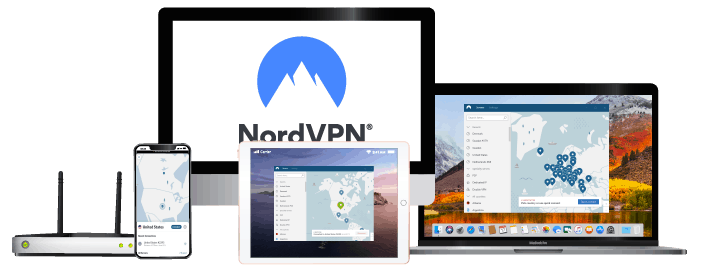NordVPN Vs. ExpressVPN
NordVPN and ExpressVPN rank among the leading VPN providers. Utilizing public Wi-Fi, enhancing online account security, or seeking improved online safety measures for businesses demands considering these two options. Both supply high-speed encrypted web access via virtual private networks (VPNs) with several servers worldwide.
This comparison examines the disparities between these two services concerning price, servers, device compatibility, and customer support. Determine which option best suits your home or business needs.
NordVPN vs. ExpressVPN: At a Glance
NordVPN and ExpressVPN feature in our top 10 VPNs of 2024 list. Despite their popularity, they differ in pricing and features. The more expensive option, ExpressVPN offers more server locations than its counterpart. NordVPN is affordable and includes an extra dedicated IP option at an additional fee; this is absent in ExpressVPN’s offerings. Both provide round-the-clock customer support with monthly or annual subscriptions available for purchase—Nord VPN also has a two-year plan while Express VPN offers a six-month plan.
ExpressVPN
Overall score: 9.8
- Super-fast servers
- AES 256-bit encryption
- Supports private protocol, Lightway
- Money-back guarantee
30-Day Money-Back Guarantee
NordVPN
Overall score: 9.6
- Incredibly fast servers
- Great security features
- Verified no-logs policy
- Unblocks streaming platforms
30-Day Money-Back Guarantee
How NordVPN and ExpressVPN Stack Up
Nord VPN’s annual subscription costs significantly less than that of Express VPN ($59.88 compared to $80). Both are compatible with Android, iOS, Windows, Mac, Linux devices as well as Android TV for Nord VPN users only_. A 30-day trial period is included in both plans.
Encryption methods are identical between the two providers along with their trial durations.. With Nord VPN allowing connection to six devices compared to five from its rival (it is worth noting that other VPNs offer unlimited device connections).
Nord VPN boasts over 5,000 servers dwarfing the 3,000 servers Express VPN has on offer. However, Express VPN outdoes its competitor with 160 server locations compared to NordVPN’s 60—an important factor when considering which countries you wish to connect to using your VPN. Both providers make server location information readily available on their websites.
NordVPN provides an optional dedicated IP add-on for $5.83 monthly (totaling $70 yearly), allowing users access to IP-restricted networks while preserving anonymity. NordLayer, the business-tier subscription option, makes NordVPN compatible with businesses and companies.
Additional Features
Split tunneling is a feature offered by both NordVPN and ExpressVPN, empowering users to decide which content goes through the VPN and what uses the internet directly. This capability enables accessing restricted websites without repeatedly disconnecting from the VPN service—a feature not all providers include.
Furthermore, configuration of either ExpressVPN or NordVPN directly onto a router is possible as an added security measure—granting automatic connection to the configured VPN upon router usage. Both plans include a kill switch function that instantly severs your internet connection when disconnected from the web; this ensures privacy remains uncompromised if the VPN falters.
Bottom Line
ExpressVPN comes with a significantly higher price tag than NordVPN at $80.04 per annum opposed to $59.88 respectively.. Should pricing be your primary concern, opt for NordVPN without hesitation.
However, ExpressVPN boasts faster speeds along with nearly 100 more server locations—crucial factors dependent on desired connections via specific countries or areas—making it potentially more advantageous.
Lastly, choose NordVPN if dedicated IPs or business/company use are necessities since ExpressVPN lacks these features in their offering.



